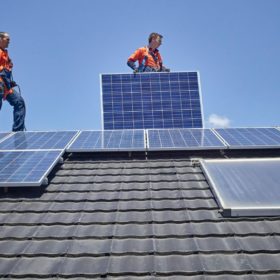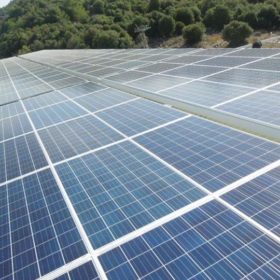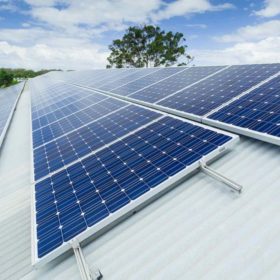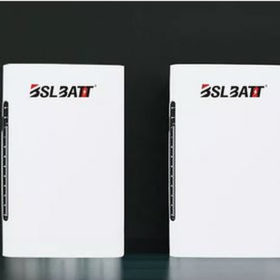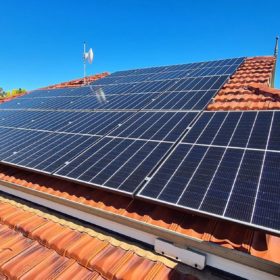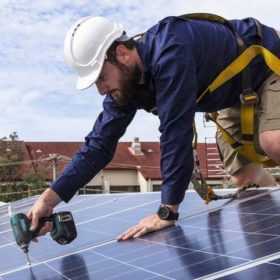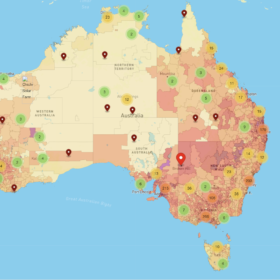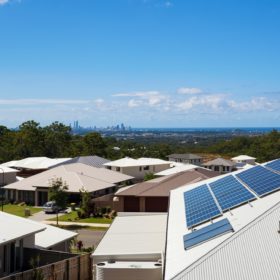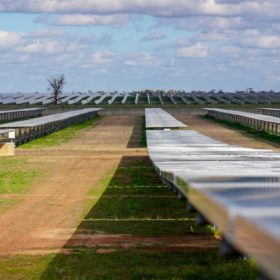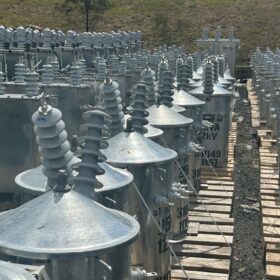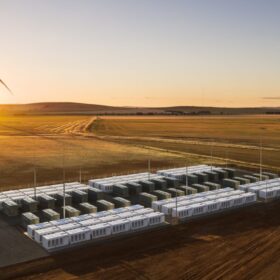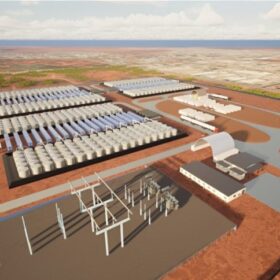Rooftop solar shines as renewable energy share jumps to 35%
Australia has set renewable energy records for the fifth consecutive year with new data showing clean energy accounted for nearly one-third of the electricity produced in the National Electricity Market in 2021, with the continuing roll out of rooftop solar PV spearheading the switch away from traditional fossil-fuel generation.
Risen Australia extends its warranties for residential modules
Risen Energy has extended the product warranty on its Australian residential modules from 15 to 25 years. The news comes just weeks after SunPower Maxeon pushed the Australian market by increasing its new warranties to 40 years.
Aussie researchers find best BIPV envelope design alternatives
Scientists in Australia have developed an optimisation framework for building-integrated photovoltaics that allows the selection of design variables according to user preferences. Their model considers PV-related features such as tilt angle, window-to-wall ratio (WWR), PV placement, and PV product type, as well as objective functions and constraints such as the net present value and the payback period.
NSW council considers making rooftop solar PV compulsory
More than 3 million Australian households and small businesses have voluntarily installed rooftop solar systems but a local council in New South Wales is looking to mandate the continued rollout, investigating the potential for all new homes built in its region to be required to have solar PV panels on the roof.
New off-grid solar battery from China
Chinese manufacturer Bslbatt has unveiled a modular lithium-ion battery that can be used for the off-grid storage of solar energy. The device has a storage capacity ranging from 5.1 to 30.7 kWh and is claimed to provide steady operation for up to 6,000 charge cycles.
Infinite Energy pulls plug on rooftop solar and battery business
One of Australia’s largest residential and commercial solar PV retailers and installers has announced it will exit the market, declaring low margins and once-in-a-generation disruptions to the supply chain brought on by the Covid-19 pandemic have taken a toll.
Program ‘switching’ concession payments for solar systems to be expanded
South Australia will extend its ‘Switch for Solar’ program in which eligible low-income residents can opt to have a solar system installed in exchange for their next ten years of government concession payments.
Australia passes 25GW of installed pv capacity, leading world with almost 1kW per person
Australia has hit a historic milestone, reaching 25GW of installed solar. As the Australian PV Institute noted on Monday, that’s more solar per capita than anywhere else in the world.
WA rolls out new rules to manage booming rooftop solar sector
Western Australia will today introduce new curtailment rules which will allow for all new and upgraded solar PV and battery energy storage installations with an inverter capacity of 5 kW or less to be remotely turned down or switched off in emergency situations.
Renewables reach new highs in NEM as fossil fuels slump to historic lows
Renewable energy production reached record highs in Australia in 2021 with new data from the Climate Council revealing clean technologies including rooftop solar and utility scale PV supplied five times more power into the nation’s largest electricity grid than gas.
